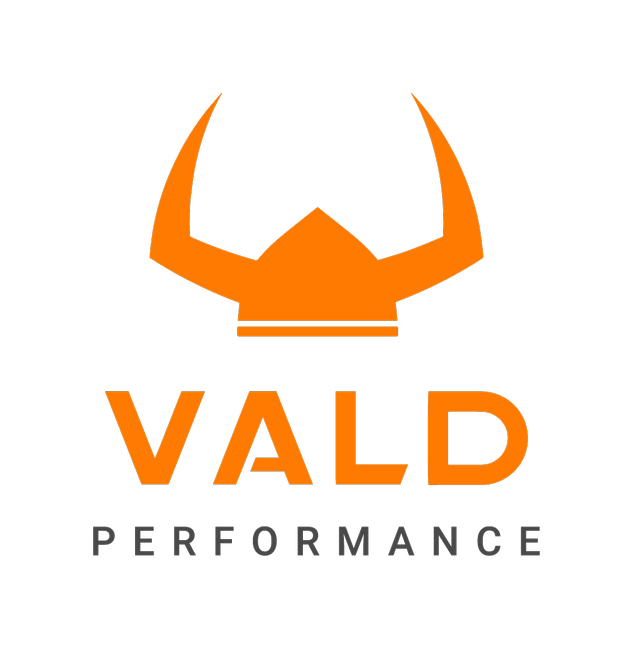2025 SESNZ CONFERENCE
SESNZ Conference
19th-21st November 2025,
Massey University, Albany Campus
North Shore, Auckland

Homegrown Excellence, World-Class Results
SESNZ is pleased to announce our annual SESNZ Conference will take place from the 19th to the 21st of November 2025 hosted by Massey University, Auckland
We will bring together leading experts, practitioners and researchers to share their knowledge and insights. Keep an eye out for announcements about special conference events for our members.
Key Dates
Abstracts Open: Tuesday 3rd June – Friday 29th August
Abstracts Reviewed: Monday 16th June – Monday 15th September
Registration opens: Thursday 3rd July – Friday 7th November
Earlybird Registration: Thursday 3rd July – Friday 26th September
Optional Social Function: Wednesday 19th November
Conference Dinner: Thursday 20th November
NZSCA Practitioner Day: Tuesday 18th November
SESNZ Conference: 19th- 21st November
Conference highlights include:
- A two day programme spread over three days offering insight and expertise in sport and exercise science research and practice whilst allowing for easy travel before and after
- Oral and poster presentations of original Sport and Exercise Science research
- Awards available to reward outstanding research
- All presented research abstracts published in The Journal of Sport and Exercise Science (JSES)
- Early-bird and member discounts available
- A selection of leading invited speakers with topics relevant to a range of Sport and Exercise Science disciplines
- Themed sessions including:
- Sport Science Insights from practitioners
- Clinical Exercise Physiology dedicated stream sessions
- Occupational Human Performance
- Female Athletes
- Research and Innovation: Connecting NZ academics and industry (R&D presentations from key industry organisations)
- Performance Analysis
Wednesday: Midday registration opens followed by first Keynote at 1:00PM+ optional entertainment at 6:00PM
Thursday: Start day 9:00AM finish at 5:00PM + entertainment at 6:30PM
Friday: Start day 9:00AM and finish at 1.00PM
Sport and Exercise Science New Zealand Annual Conference 2025
Official SponsorsFancy becoming a Sponsor in 2025? Email Vanessa on natmanager@sesnz.org.nz to find out more.


